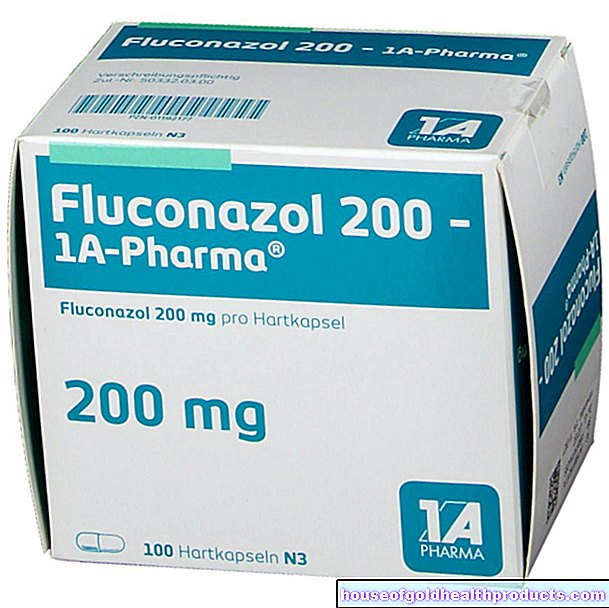Torasemid
Updated on All content is checked by medical journalists.Torasemide is one of the most important drugs against water retention (edema) in body tissue, which is caused by heart failure. The active ingredient is also used for acute high blood pressure. It is generally considered to be well tolerated, but can cause disturbances in the electrolyte balance. Pregnant and nursing mothers should avoid taking the active ingredient if possible. Here you can read everything you need to know about torasemide.
This is how torasemide works
Torasemid has a diuretic effect, lowers blood pressure and washes out edema (anti-edematous).
In the human body, blood salts (electrolytes such as sodium and potassium) are subject to a delicate balance that is strictly controlled. Electrolytes can be released into or recovered from the urine to be excreted via the kidneys as required. Many different transporters are involved in this delivery and recovery of the electrolytes.
The active ingredient torasemide belongs to the group of loop diuretics. These block a transporter in the kidney that ensures that electrolytes are returned to the body. As a result of the blockage, more electrolytes are excreted in the urine.
This increased amount of salts in the urine also removes water from the body. If a patient has accumulations of water (edema) in the body (e.g. due to a reduced pumping capacity of the heart), loop diuretics such as torasemide can remove water from the body tissue - the tissue swelling is reduced.
In contrast to other diuretics (e.g. thiazides), loop diuretics not only excrete sodium, potassium and chloride ions, but also magnesium and calcium ions.
Uptake, breakdown and excretion
After ingestion by mouth, torasemide is quickly and almost completely absorbed into the blood in the intestine. As a result, the torasemid effect occurs relatively quickly (after about an hour). The active ingredient is broken down in the liver. The resulting breakdown products are mainly excreted via the kidneys.
When is torasemide used?
The areas of application (indications) of torasemide include:
- Edema as a result of decreased cardiac output (cardiac edema)
- Pulmonary edema
- chronic heart failure (heart failure)
- arterial high blood pressure (hypertension)
- Increase in urine excretion in the event of poisoning
- Maintenance of residual diuresis in severe renal insufficiency
This is how torasemide is used
Torasemide is usually given in the form of tablets. Due to its long duration of action, it is enough to take it once a day (in the morning with a little water).
In adults, therapy is usually started with a dose of 5 milligrams (mg) per day. The doctor can increase this daily dose if necessary, for example to 20 mg per day for the treatment of water retention in the case of heart failure.
Higher daily doses such as 50 mg or 100 mg up to a maximum dose of 200 mg may be necessary in patients with severe renal impairment (common, for example, in dialysis patients with a certain amount of residual excretion).
What are the side effects of torasemide?
Side effects such as disturbances in the electrolyte balance (potassium deficiency), changes in blood values, muscle cramps, headaches, dizziness, tiredness, weakness and gastrointestinal complaints occur frequently (i.e. in around ten percent of those treated), especially at the beginning of therapy with torasemide.
What should be considered when taking torasemide?
Torasemide should not be used in the following situations:
- Kidney failure
- Hepatic coma
- severely decreased blood pressure
- too little blood volume
- Deficiency of certain electrolytes (sodium, potassium)
- significant urination problems
Interactions
If the diuretic is taken at the same time as other drugs, interactions are possible.
So torasemide increases the effects and side effects of antihypertensive drugs from the group of ACE inhibitors (such as enalapril), digitalis (heart medication), certain antibiotics (aminoglycosides and cephalosporins), cisplatin (cancer drug), theophylline (asthma drug) and lithium (for manic-depressive patients Faults).
The effect of diabetes drugs and blood vessel constricting agents (adrenaline, noradrenaline), on the other hand, is reduced if they are taken at the same time as torasemide.
The side effects of torasemide are increased by laxatives and corticoids ("cortisone").
The gout drug probenecid and anti-inflammatory pain relievers (non-steroidal anti-inflammatory drugs such as acetylsalicylic acid and indomethacin), on the other hand, weaken the effect of torasemide.
Driving and using machines
The use of torasemide can affect the ability to react. Therefore, experts advise against actively driving or operating heavy machinery during treatment. This is especially true in combination with alcohol.
pregnancy and breast feeding period
Medicines with torasemide are only used during pregnancy after a strict medical benefit-risk assessment and in the lowest dose.
To date, there is too little experience on use during breastfeeding. Torasemide should therefore not be used during breastfeeding. A more suitable diuretic here is hydrochlorothiazide.
Age restrictions
Children and adolescents should not receive any preparations with torasemide, as there is insufficient experience with the use in this age group.
Overdose
In the event of an overdose of the diuretic, excessive fluid excretion can occur. This leads to symptoms such as drowsiness (somnolence), confusion, low blood pressure, circulatory collapse and gastrointestinal complaints.
How to get torasemide medication
Medicines containing torasemide require a prescription in Germany, Austria and Switzerland and are only available in pharmacies with a prescription from a doctor.
Interesting facts about torasemide
The active ingredient torasemide made negative headlines in competitive sports as a doping agent. In bodybuilding and in sports in which competitions are held in weight classes, it is abused for rapid water flushing and weight loss.
Due to the dangerous side effects, strong action is taken against this abuse. In the meantime, drugs such as torasemide are also tested in doping controls. If the test is positive, the athlete will be excluded from participating in the competition.
Tags: home remedies eyes desire to have children
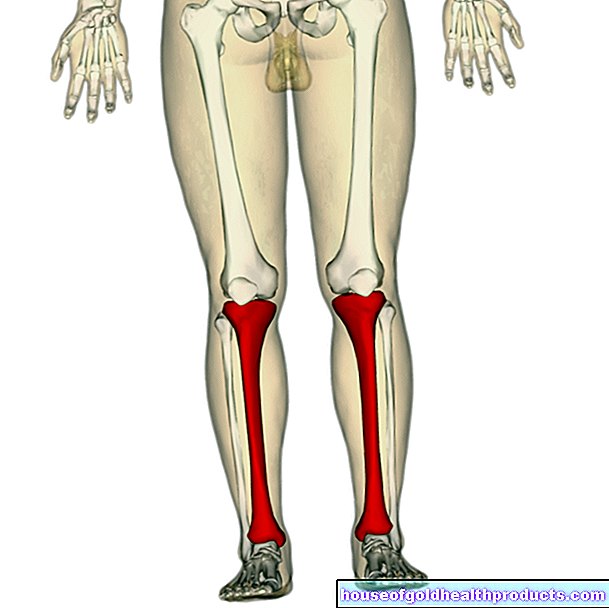
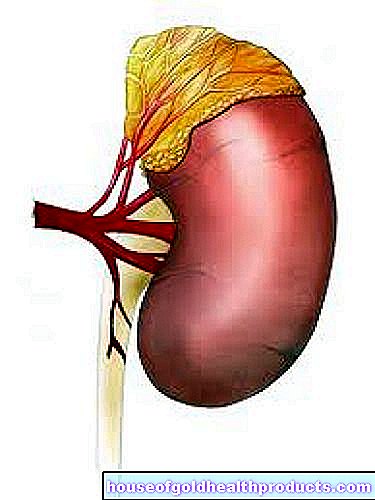


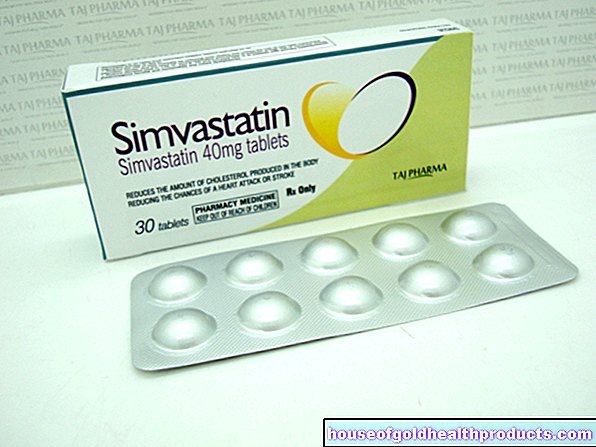




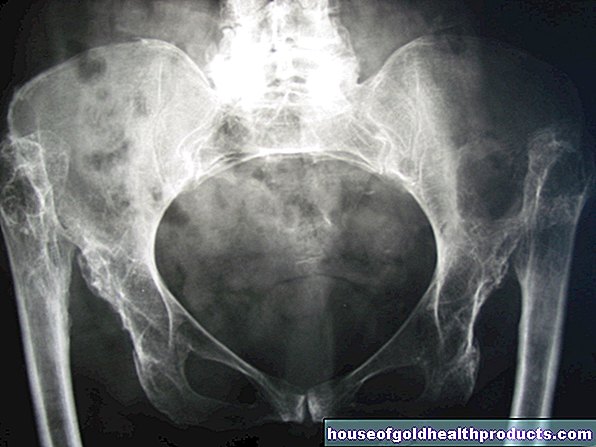









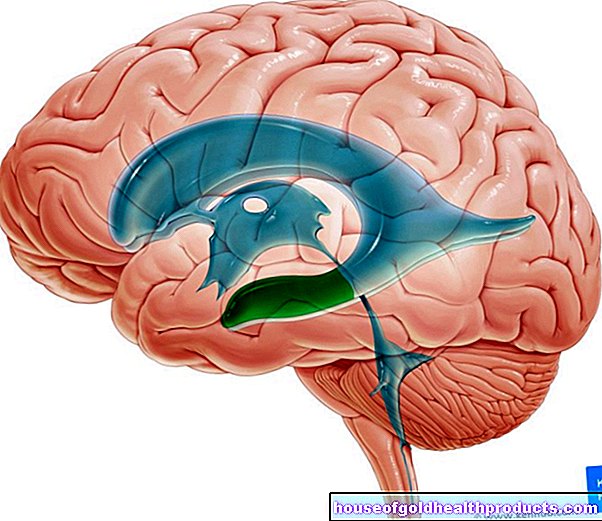

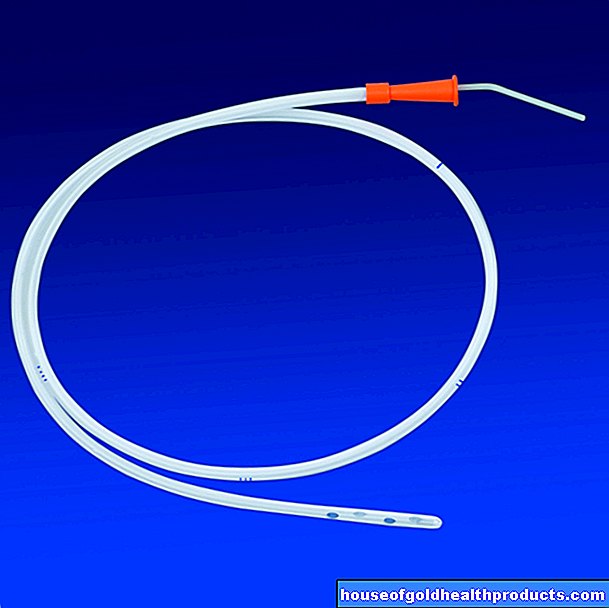


.jpg)
